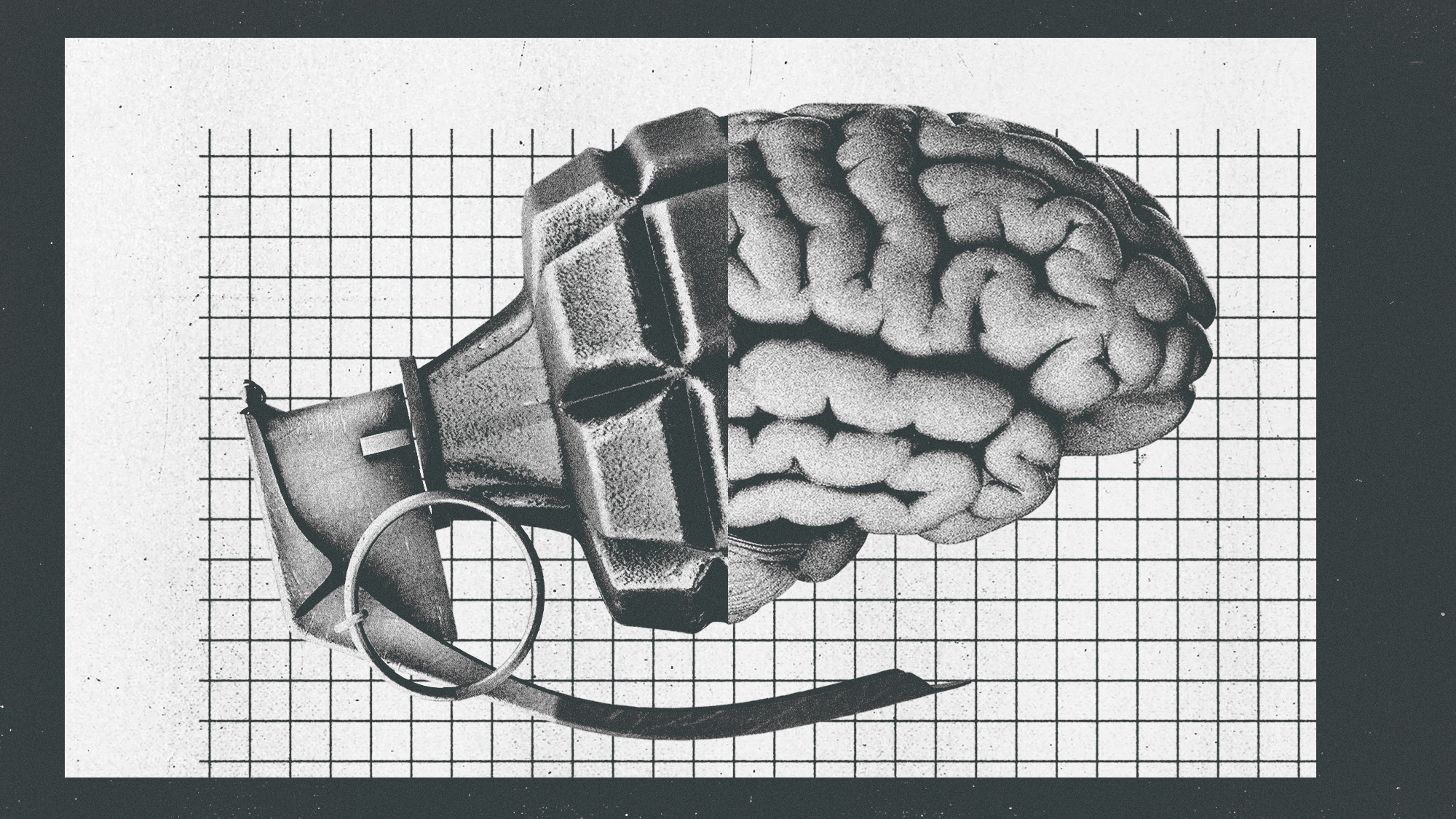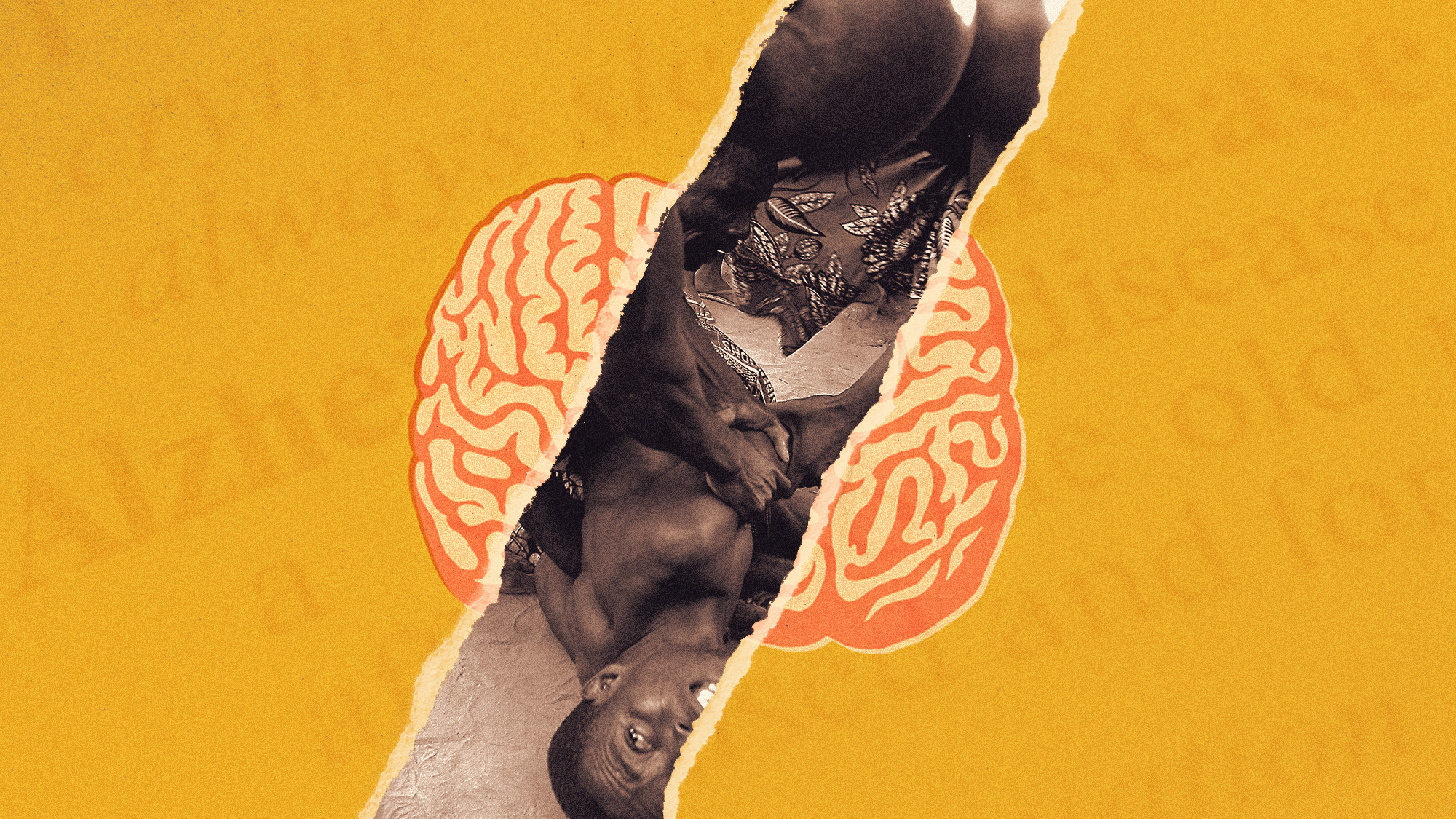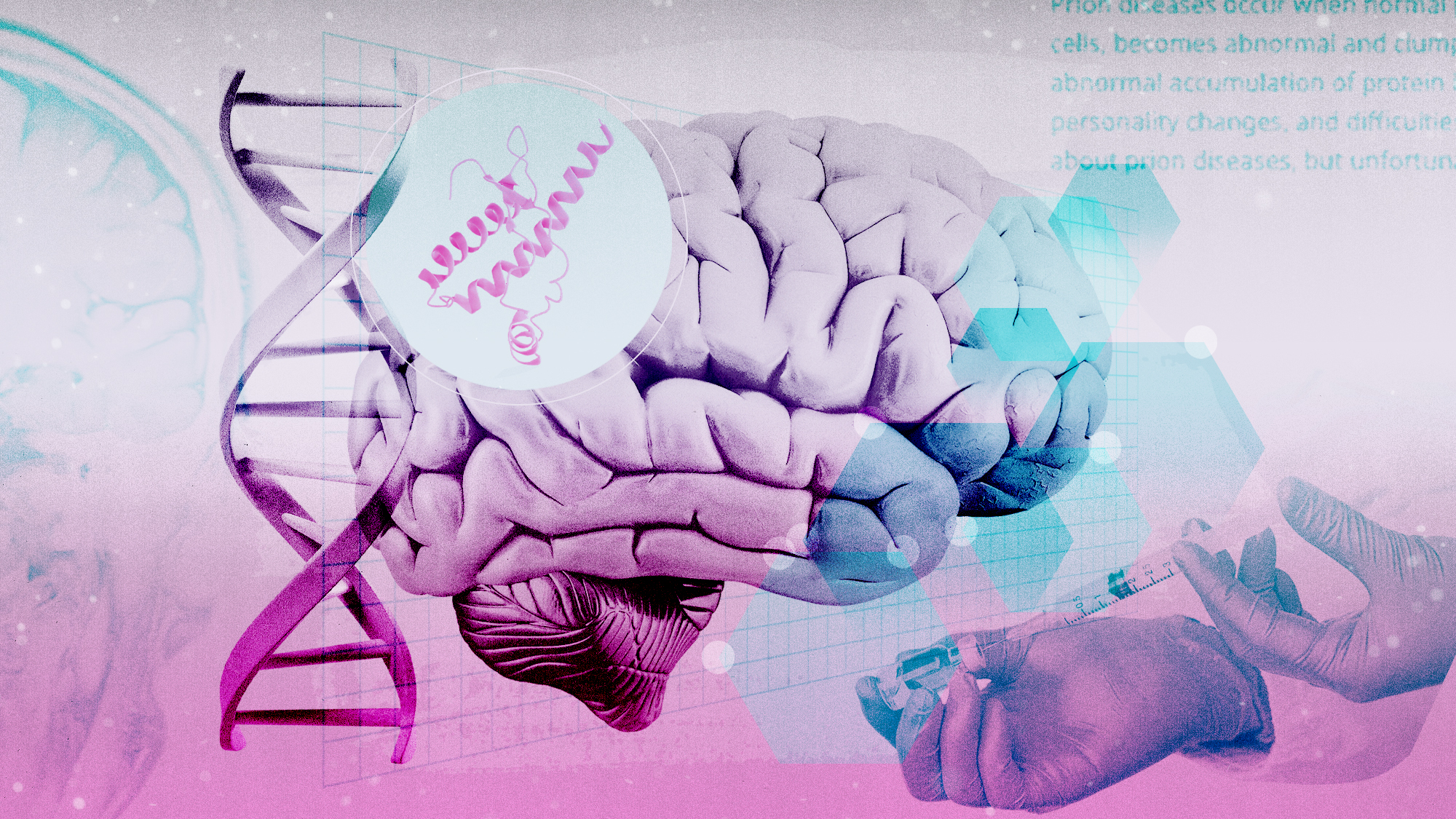Dementia 'not the epidemic it was predicted to be'
Scientists have discovered signs that the number of people with diseases like Alzheimer's is stabilising

A free daily email with the biggest news stories of the day – and the best features from TheWeek.com
You are now subscribed
Your newsletter sign-up was successful
Predictions of a global dementia epidemic may have been exaggerated, with levels of the disease stable or even declining, scientists have revealed.
Researchers from the University of Cambridge reviewed five studies in the UK, Sweden, Spain and the Netherlands between 2007 and 2013, using consistent research methods and diagnostic criteria.
They found the number of people with dementia is about the same as it was two decades ago, despite sustained population ageing. During the nineties, it was predicted that 8.3 per cent of over-65s would now have dementia, but the number stands at just 6.5 per cent.
The Week
Escape your echo chamber. Get the facts behind the news, plus analysis from multiple perspectives.

Sign up for The Week's Free Newsletters
From our morning news briefing to a weekly Good News Newsletter, get the best of The Week delivered directly to your inbox.
From our morning news briefing to a weekly Good News Newsletter, get the best of The Week delivered directly to your inbox.
"Our evidence suggests a relatively optimistic picture," said Carol Brayne, lead researcher and professor of public health medicine at Cambridge Institute of Public Health.
Charities have welcomed the findings but warned against complacency. Jeremy Hughes, chief executive of the Alzheimer's Society said that although the percentage of people in specific age groups could be falling, the overall number of people with dementia is still set to increase as more people live into their 80s and 90s.
"With no cure, few effective treatments and an economic impact exceeding that of cancer or heart disease, dementia remains the most critical health and social care challenge facing the UK," he told The Guardian.
There are widespread fears that dementia levels will soar as life expectancy grows, with Prime Minister David Cameron calling it one of the "greatest enemies of humanity". But scientists say these predictions were based on research that was carried out more than 20 years ago.
A free daily email with the biggest news stories of the day – and the best features from TheWeek.com
The apparent decline in numbers in the UK has coincided with an overall improvement in people's lifestyle, education and living standards.
"How to reconcile this relatively optimistic picture with what looks like panic on the part of governments, charities and the mainstream media?" Brayne and fellow Cambridge researcher Yu-Tzu Wu ask in The Conversation.
It comes down to the complexities involved in diagnosing the disease and changes in diagnostic criteria, they say. "The worsening epidemic message also fits well with consumer psychology and the recent history of over-medicalisation: fear, demand for a solution, and salvation."
Major healthcare and pharmaceutical companies stand to make a large profit from the disease. "It makes sense for them to play up the possibility of avoiding conditions associated with ageing."
-
 Why is the Trump administration talking about ‘Western civilization’?
Why is the Trump administration talking about ‘Western civilization’?Talking Points Rubio says Europe, US bonded by religion and ancestry
-
 Quentin Deranque: a student’s death energizes the French far right
Quentin Deranque: a student’s death energizes the French far rightIN THE SPOTLIGHT Reactions to the violent killing of an ultraconservative activist offer a glimpse at the culture wars roiling France ahead of next year’s elections
-
 Secured vs. unsecured loans: how do they differ and which is better?
Secured vs. unsecured loans: how do they differ and which is better?the explainer They are distinguished by the level of risk and the inclusion of collateral
-
 China's soaring dementia rates
China's soaring dementia ratesUnder The Radar Government launches action plan after cases in China increase 50% faster than global average
-
 Shingles vaccine cuts dementia risk, study finds
Shingles vaccine cuts dementia risk, study findsSpeed Read Getting vaccinated appears to significantly reduce the chances of developing Alzheimer's and other forms of dementia
-
 Can dementia be defeated?
Can dementia be defeated?Today's Big Question A new report identifies 14 risk factors
-
 Study links high cholesterol to dementia
Study links high cholesterol to dementiaSpeed Read It has been added to a list of 12 previously known risk factors including depression, smoking and loneliness
-
 Gene variant shows promise slowing Alzheimer's
Gene variant shows promise slowing Alzheimer'sSpeed Read A rare genetic trait called Christchurch could delay the onset of disease
-
 The witchcraft myths haunting Africa's dementia patients
The witchcraft myths haunting Africa's dementia patientsUnder the Radar Lack of awareness of symptoms and shortage of specialists means sufferers are vulnerable to accusations and attacks
-
 How the transmission of Alzheimer's might be possible
How the transmission of Alzheimer's might be possibleThe Explainer New research links dementia cases to injections of human growth hormone from deceased donors' brains
-
 Neanderthal gene ‘caused up to a million Covid deaths’
Neanderthal gene ‘caused up to a million Covid deaths’Speed Read Genetic tweak found in one in six Britons means cells in the lungs are slower to launch defences